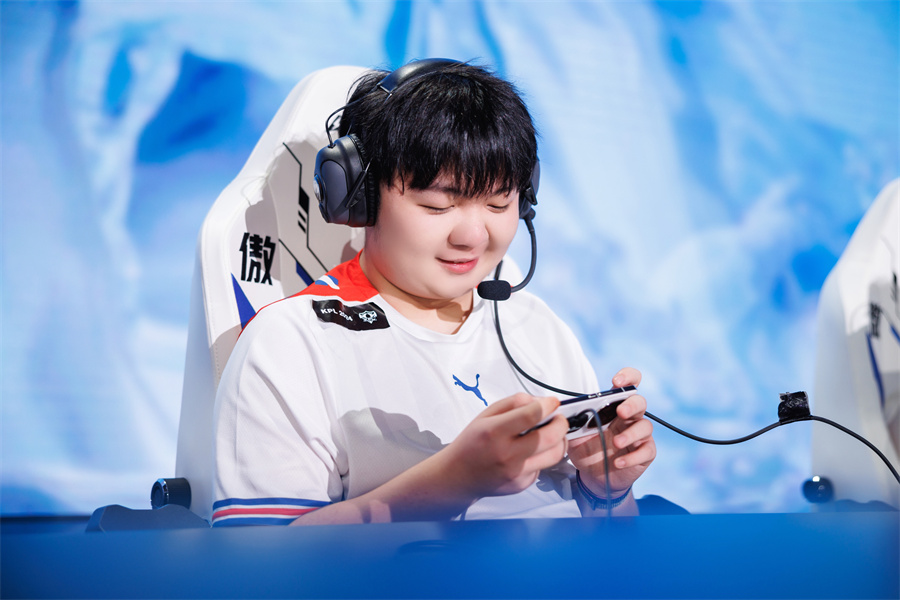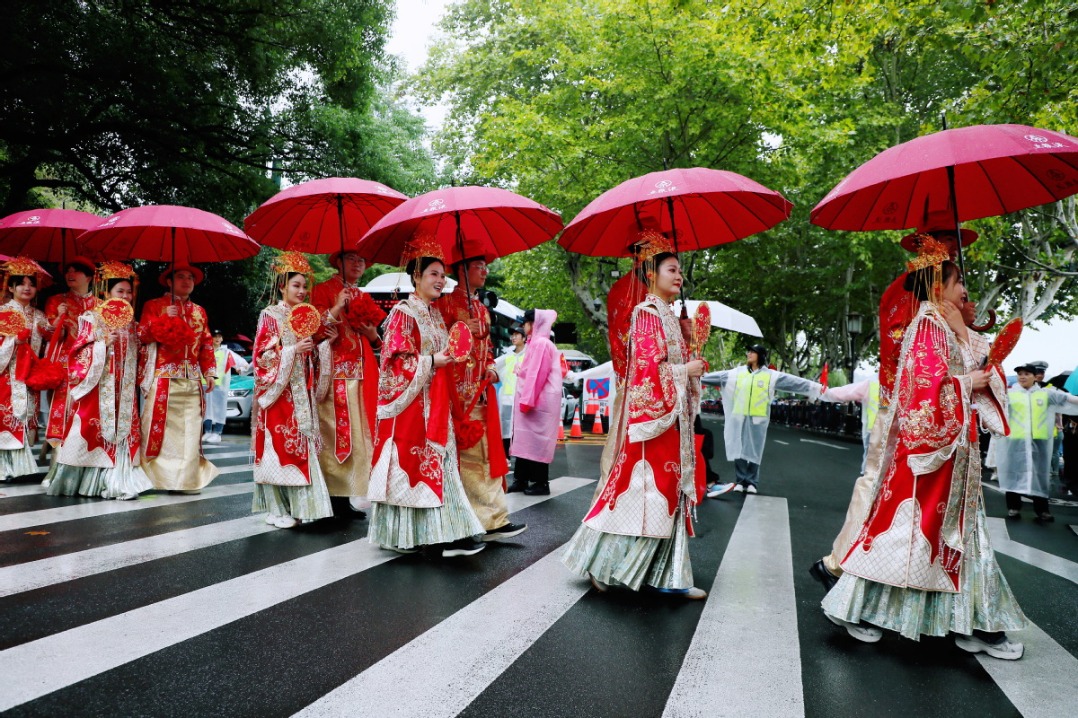Into the esports arena
China's younger generation is setting the pace as Honor of Kings and other online battle games take the world by storm


"This tiered professional system is well established in China and provides a stage for many young people to showcase their esports talents," Pan said, adding that the country also features many esports clubs, such as LGD, that place a strong emphasis on youth training.
LGD is a grassroots club without major financial backers or support, Pan said.
"Over the years of operation, we have always placed great importance on our youth training, aiming for sustainability," he said.
Any career has its professional life span or cycle, he said, so it's inevitable that a player's competitive performance will decline. "Therefore, from our perspective, maintaining a club's long-term development is crucially dependent on youth training, which can ensure a relatively long life span for a club."
Clubs like LGD that prioritize youth training and development, provide young players with opportunities to get a lot of playing time and experience — and most importantly, a stage on which to showcase their talent, he said.
"Therefore, I believe that these factors, including a large user base, a healthy training regimen and a strong competition system are crucial in enabling young players to rise prominently," he said.
Based on big data showing that the number of esports users is increasing around the world, Pan said he believed that the interests and hobbies of young people may be shifting more toward esports from traditional sports.
"By tapping into esports, I think we are capturing the preferences of young people," he said, because esports can provide them with a more enriching, quasi-amateur activity and better showcase their current interests and talent.
Singling out China's winning of several esports gold medals at the Hangzhou Asian Games last year, Pan noted that competitions across the country have helped nurture more young talent in the field.
LGD Gaming has the country's first professional esports arena, which the company developed in collaboration with the Gongshu district of Hangzhou as the home venue for the League of Legends project.
The 900-seat arena consistently sees more than 95 percent attendance, showcasing the enthusiasm of young people for esports, Pan said. The company has also collaborated with Hangzhou's Yuhang district to establish offline arenas for Honor of Kings.
To promote esports across the country, the LGD has also collaborated with counterparts in Guangzhou, Guangdong province, by establishing professional-grade facilities.
"These collaborations and the enthusiasm and engagement of audiences in esports competitions reflect the immense potential and appeal of this field," Pan said. "With the continuous growth of the esports industry, we can expect to see more similar collaborations and initiatives in the future."
Establishing esports arenas where fans can come for offline viewing is crucial for the development of esports, according to Xu Xinzhen, a 21-year-old player in the professional King Pro League for "Honor of Kings".
Xu, of LGD Gaming, developed an interest in esports when he realized he might be slightly better than other players.
"It was a coincidence, really. I decided to give it a try and also had a strong desire to aim for championships," Xu said.
- Asia's first intl esports tournament unveiled in Shanghai
- Digital technologies fuel new quality productive forces in cultural sector
- IOC announces presidential candidates to succeed Bach
- Popular game takes aim at Xi'an history
- Gaming legends Uzi and Clearlove7 hope the Chinese esports squads enjoy a gold rush at the Hangzhou Asian Games
Most Popular
- Nadal to retire from tennis after Davis Cup finals in Nov
- Solanke hungry for 2nd England cap
- Sinner avoids Shanghai deja vu with assured win
- Spanish great Iniesta leaves indelible legacy after retirement
- Queen Wen 'feeling the responsibility'
- Liberty, Lynx to meet in Finals
































